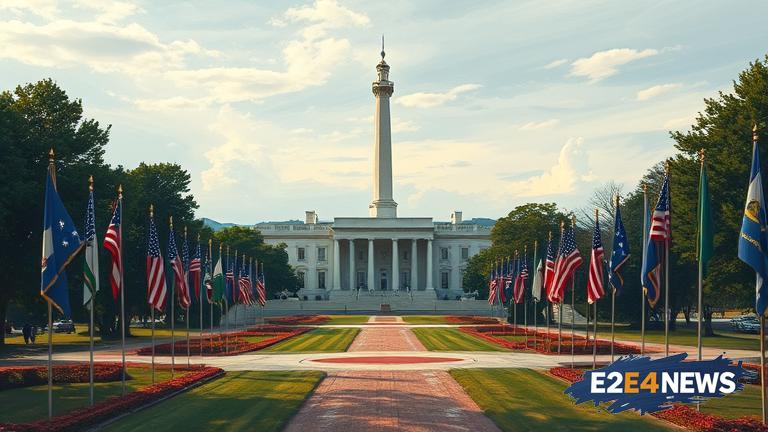The US military has been embroiled in a heated debate over the renaming of several bases that currently bear the names of Confederate generals. The controversy has sparked a national conversation about the legacy of the Confederacy and the role of the military in perpetuating or challenging racist ideologies. Proponents of the renaming argue that it is a necessary step towards reconciliation and a way to distance the military from a painful and problematic chapter in American history. They point out that the Confederacy was a treasonous entity that fought to preserve the institution of slavery, and that honoring its leaders is a form of tacit endorsement of white supremacy. On the other hand, opponents of the renaming claim that it is an attempt to erase history and undermine the cultural heritage of the South. They argue that the bases were named after these generals in recognition of their military prowess and strategic brilliance, rather than their political beliefs or affiliations. However, critics counter that this argument ignores the fact that the Confederacy was a fundamentally racist and oppressive regime, and that honoring its leaders is a form of complicity in that racism. The debate has also raised questions about the role of the military in shaping American culture and identity. Some argue that the military should be a force for social change and progress, while others believe that it should remain neutral and avoid taking sides in contentious political debates. The renaming of the bases has been mandated by Congress, which has given the military until 2024 to come up with new names. The process is expected to be complex and contentious, with different stakeholders and interest groups vying for influence. The military has established a commission to oversee the renaming process, which will consider a range of factors, including historical significance, cultural sensitivity, and community input. The commission will also be tasked with ensuring that the new names are inclusive and respectful of all Americans, regardless of their race, ethnicity, or background. As the debate continues to unfold, it is clear that the renaming of the military bases is about more than just names – it’s about the values and principles that the US military represents, and the kind of country that Americans want to build. The controversy has also highlighted the ongoing struggle to come to terms with the legacy of the Confederacy and the impact of slavery and racism on American society. It has sparked a renewed conversation about the need for greater education and awareness about the history of the Confederacy and the ongoing effects of systemic racism. Furthermore, the debate has raised important questions about the role of monuments and memorials in shaping public memory and cultural identity. It has also underscored the need for a more nuanced and inclusive understanding of American history, one that acknowledges the complexities and contradictions of the past. Ultimately, the renaming of the military bases is a step towards a more just and equitable society, one that recognizes the inherent value and dignity of all Americans, regardless of their background or identity. The controversy surrounding the renaming of the bases is a reminder that the struggle for justice and equality is ongoing, and that there is still much work to be done to create a truly inclusive and compassionate society. As the US military moves forward with the renaming process, it is clear that this is a moment of great opportunity and challenge, one that requires careful consideration, thoughtful reflection, and a deep commitment to the values of justice, equality, and human dignity. The renaming of the bases is not just a symbolic gesture, but a concrete step towards creating a more just and equitable society, one that honors the diversity and complexity of American experience. It is a reminder that the US military is not just a fighting force, but a symbol of American values and ideals, and that it has a critical role to play in shaping the country’s cultural and social landscape. The debate over the renaming of the bases is a complex and multifaceted one, with different perspectives and opinions on all sides. However, at its core, it is a debate about the kind of country that Americans want to build, and the values and principles that they want to uphold. It is a reminder that the struggle for justice and equality is ongoing, and that there is still much work to be done to create a truly inclusive and compassionate society.
